At the moment, it's not certain what rules will be in place by the end of December.
CHRISTMAS
Will Italy remove restrictions on travel and parties over Christmas?
The Italian government is currently planning its next emergency decree, set to cover the Christmas period. So what will we be allowed to do this festive season?
Published: 23 November 2020 12:19 CET
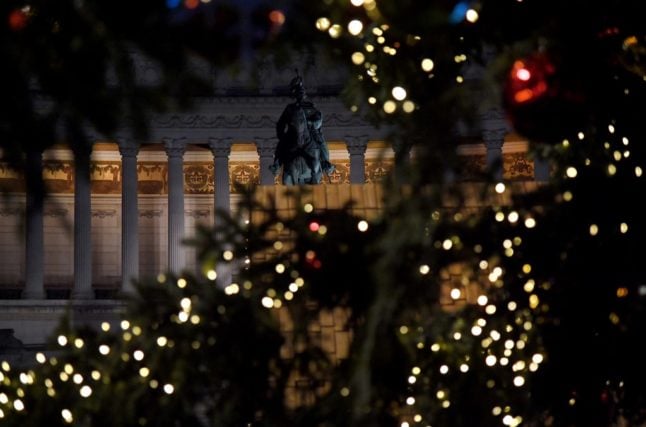
This Christmas is set to be unlike any other with coronavirus rules in place. Photo: AFP
So far, Italy's much-loved Christmas markets have been banned, and ministers say the big family Christmas dinner (cenone, literally meaning “big dinner”) will have to be considerably smaller this time.
Travelling to see relatives, organising parties and dinners, and even shopping for presents is currently not allowed in some areas due to Italy's tiered system of restrictions aimed at stopping the spread of Covid-19.
Many reports in Italian media recently have speculated that these rules could be eased nationwide before or during the holidays – though this has not been confirmed by ministers.
And Prime Minister Giuseppe Conte last week said “we must prepare for a more sober Christmas,” adding that “celebrations, kisses and hugs will not be possible.”
The next emergency decree, due to be announced by December 3rd, is expected to make things clearer.
Based on leaks and ministers' statements, here's what we know so far about what the government is planning.
Will travel between regions be allowed?
People in Italy may find themselves dreaming of a yellow Christmas this year, as ministers have said travel is unlikely to be allowed except between regions classified as lower-risk yellow regions.
Health Minister Roberto Speranza on Monday played down suggestions that travel restrictions could be removed over Christmas, saying this will only be possible if all of Italy's regions are yellow zones.
Travel is currently allowed between yellow zones only.
At the moment most regions are either classified as high-risk red zones or medium-high risk orange zones, according to the three-tier system of restrictions introduced this month. Travel is not allowed between these regions unless for essential reasons.
Each region's classification is set to be reviewed every two weeks.
If you're hoping to visit Italy from another country, international travel rules have not changed recently. Travel is allowed from within Europe (with mandatory testing for people arriving from some EU countries) but remains restricted from many non-EU countries, including the US.
How many people can we have over for Christmas dinner?
As few as possible, as far as the Italian government is concerned.
The 'rule of six' recommendation is expected to remain in place, so at most you'll only be able to invite your immediate family.
“This Christmas we must plan to be as few as possible,” said Undersecretary for Health Sandra Zampa on Monday.
While the government recommends that people avoid any kind of gathering at home, these are currently recommendations and not laws – meaning the police won't come knocking if you do have a party.
What about Christmas and New Year's parties and events?
Italian media reports say a leaked draft of the new decree allows restaurants and bars to open in the evening across the country – though groups will again be limited to six.
Bars and restaurants are currently closed to the public in red and orange zones, while they can stay open until curfew at 10pm in yellow zones.
It's not known whether the nationwide curfew rule will be changed or removed altogether.
The usual New Year's Eve parties are unlikely to happen this year in streets and squares, as the government says it will keep a ban on gatherings in place.
“Gatherings and parties in squares will not be allowed,” Zampa said. “The holidays will be adequately regulated and, unlike during this summer, there will be no exceptions. We cannot risk a third wave.”
See the Italian health ministry's website for more information on the current public health measures.
Url copied to clipboard!

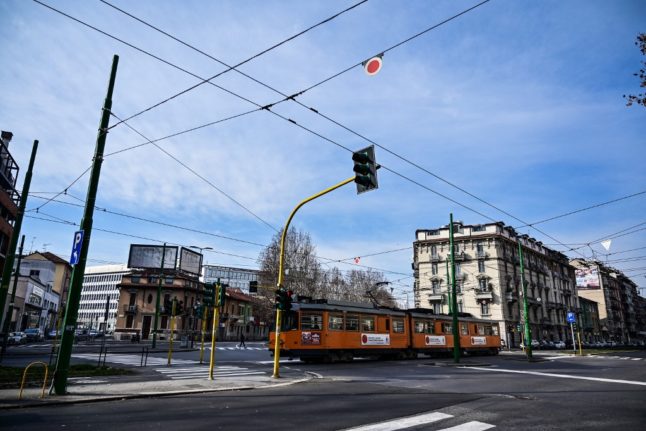
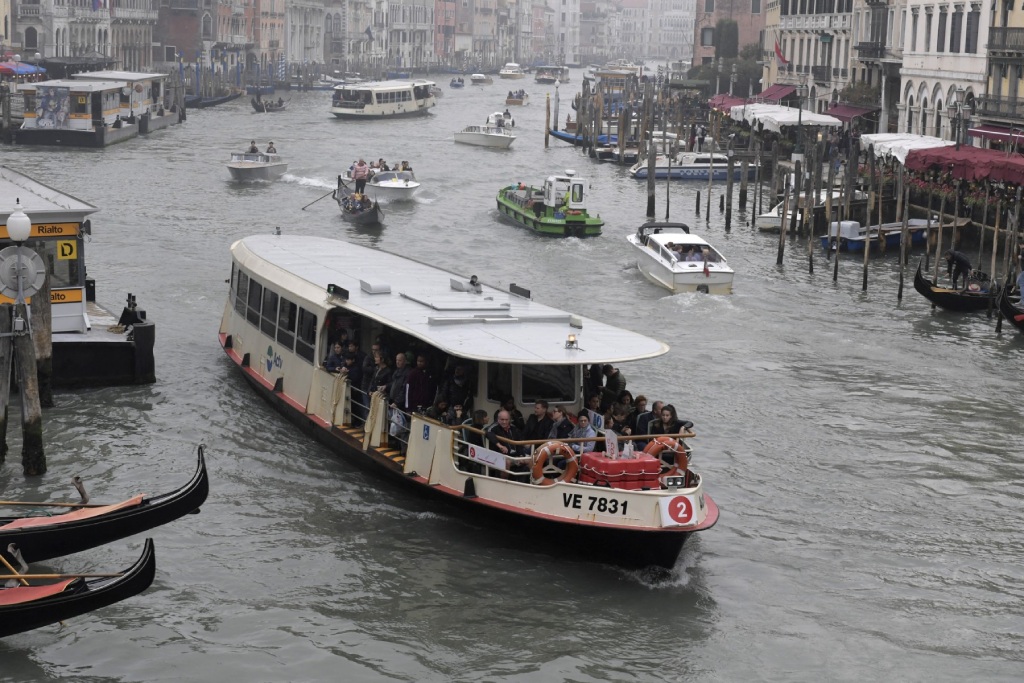
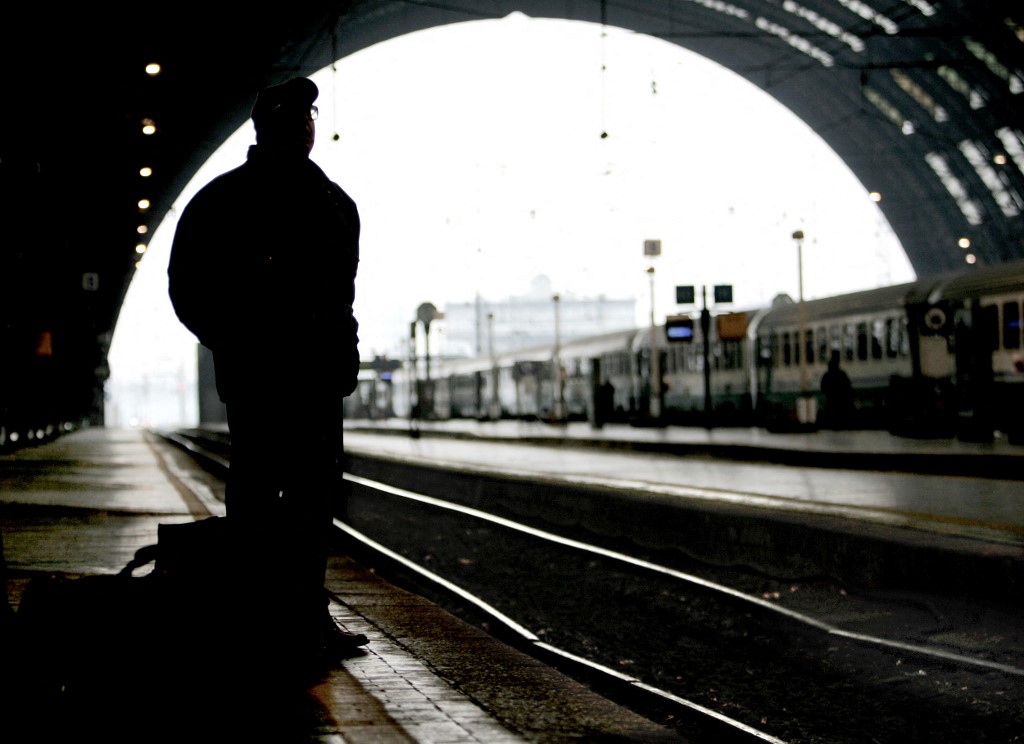
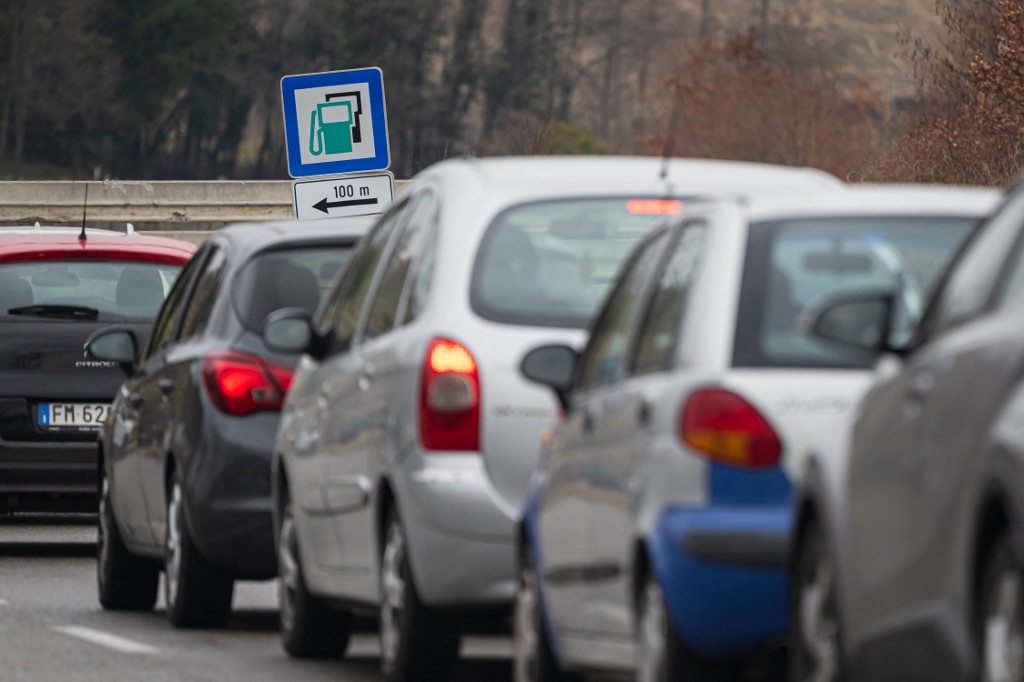
 Please whitelist us to continue reading.
Please whitelist us to continue reading.
Member comments